The Independent's journalism is supported by our readers. When you purchase through links on our site, we may earn commission.
Best non-fiction books of 2024: True crime, fandom and the dangers of nostalgia
From investigations into digital algorithms and the impact of smartphones to a history of Victoria’s Secret, there’s something for everyone in Katie Rosseinsky’s edit of 2024’s best non-fiction

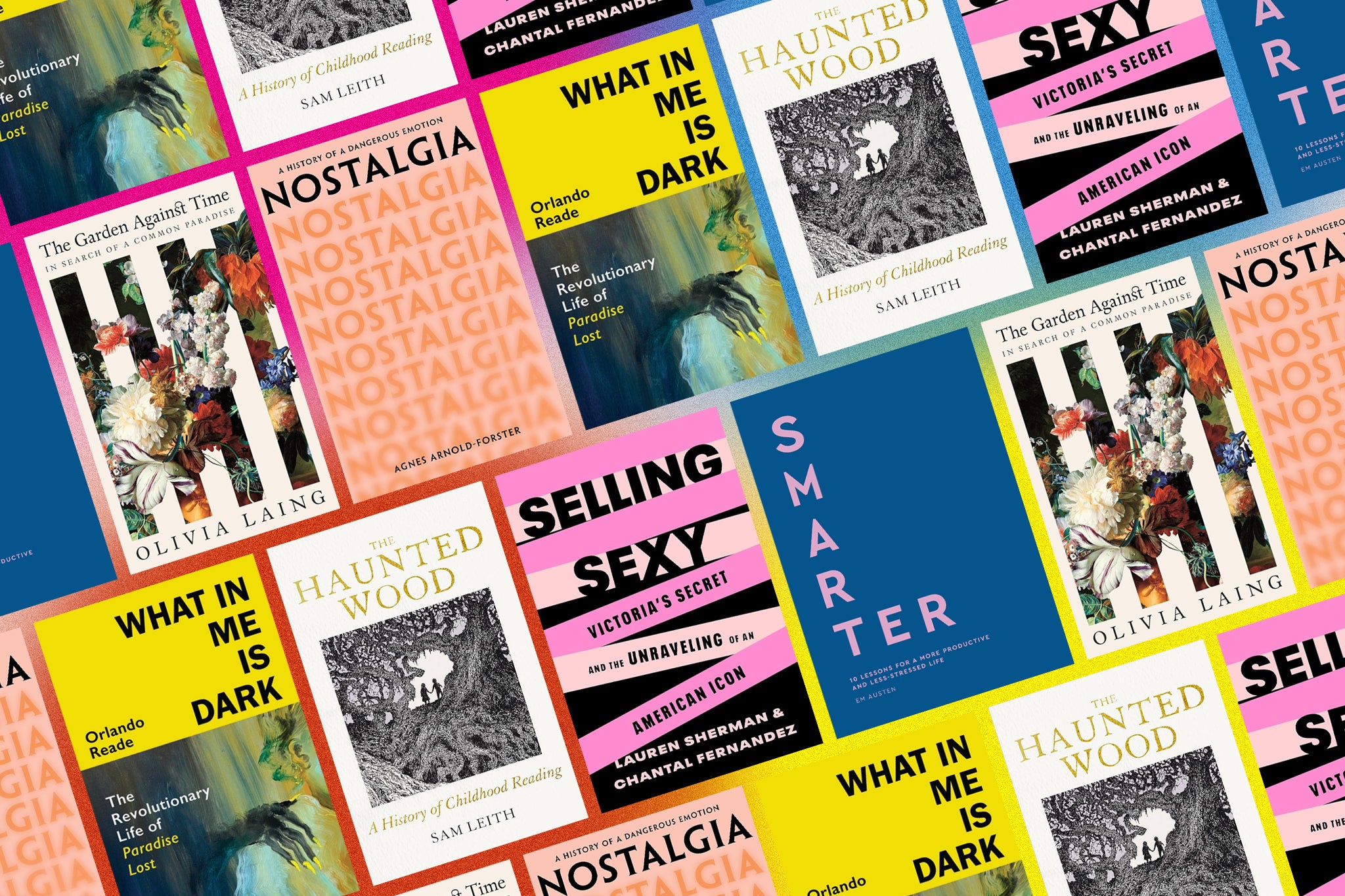
This year’s line-up of non-fiction releases was certainly eclectic: from productivity guides that eschew hustle culture clichés to fascinating literary and social histories, and even a deep dive into how the humble crisp became our go-to savoury snack.
A great non-fiction read has the power to challenge our assumption and change our perspective on the world. It might cause you to question your ingrained behaviour or forge unexpected connections.
Here’s our guide to the must-read non-fiction of 2024. Even if you normally prefer to curl up with a novel or memoir, you might find yourself pleasantly surprised.
The Peepshow by Kate Summerscale
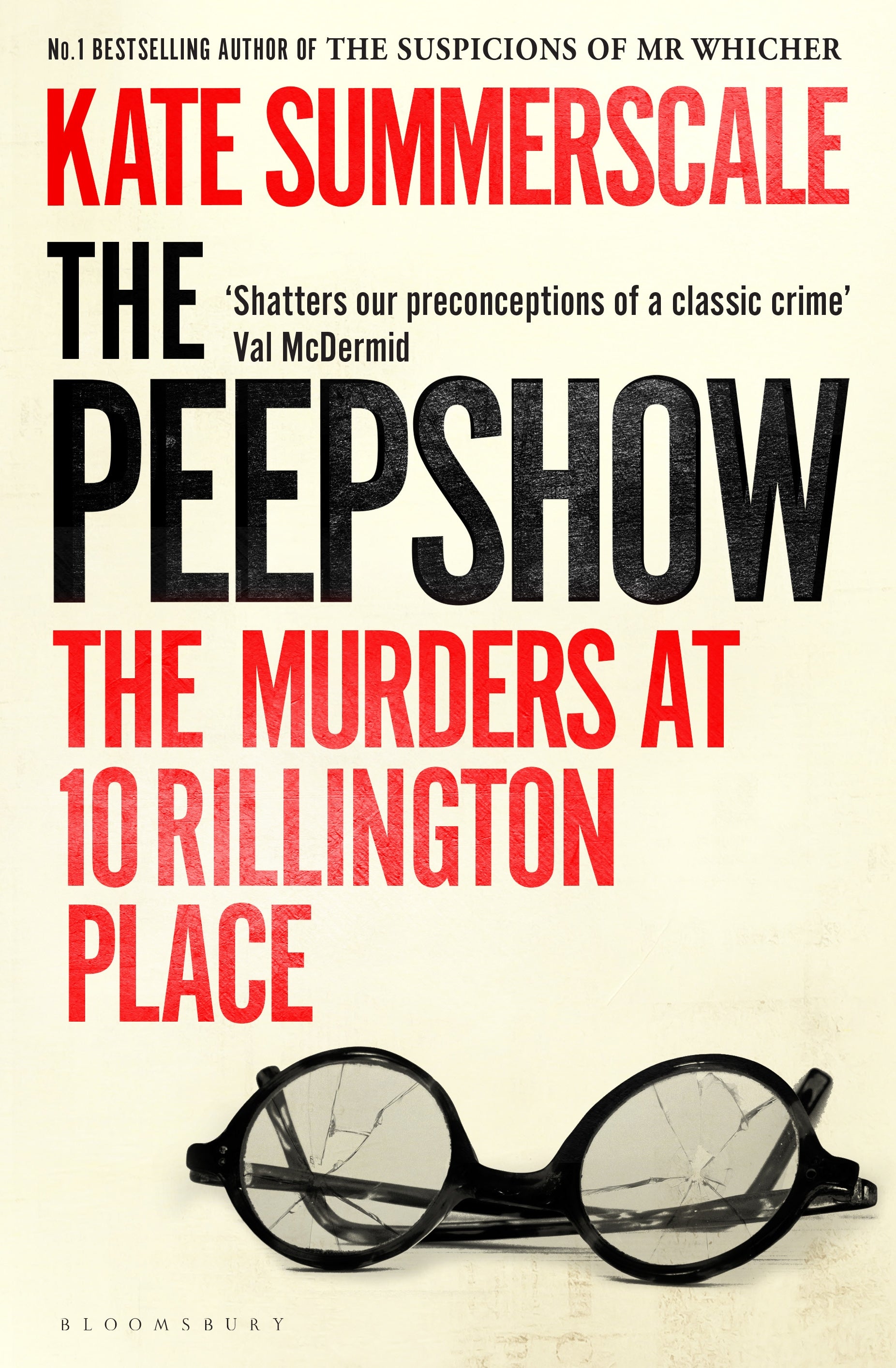
10 Rillington Place remains one of London’s most notorious addresses, and the horrifying story of serial killer John Reginald Christie – who hid the bodies of six women inside and in the garden of this unassuming Notting Hill flat – has been told again and again in books, films and TV shows. Kate Summerscale, the bestselling author behind The Suspicions of Mr Whicher, manages to shine new light on this well-known case, using her novelistic approach to true crime and re-telling the story from the perspectives of two very different writers caught up in the sensationalism of the case. Her book doesn’t shy away from probing questions. Why does our fascination with grisly true crime never seem to abate? And, crucially, why are some men compelled to kill women?(Bloomsbury)
Available in book stores and instantly from:
Holding the Line: Women in the Great Arizona Mine Strike by Barbara Kingsolver
In the summer of 1983, novelist Barbara Kingsolver, who’s since gone on to win the Pulitzer Prize, was spending her weekends picking up work as a freelance reporter. She was commissioned to write about Phelps Dodge copper mine strike in Arizona, and ended up spending a year getting to know the women who’d congregated at the picket line. Holding the Line tells their fascinating stories. It was first published in the United States in 1989, but somehow only just made it across the Atlantic to the UK in 2024. It’s a fascinating companion piece for Kingsolver’s socially conscious novels. (Faber)
Available in book stores and instantly from:
Selling Sexy: Victoria’s Secret and the Unraveling of an American Icon by Lauren Sherman and Chantal Fernandez
Earlier this year, a veritable who’s who of modelling donned their angel wings and lacy lingerie for the first Victoria’s Secret fashion show since 2018. During that six year hiatus, the American underwear label had been hit by a string of controversies – and its place in the modern fashion landscape remains contested. In Selling Sexy, Lauren Sherman and Chantal Fernandez explore the history of a brand that started out as a humble catalogue company before carving out a hyper-specific, hyper-feminine image of womanhood – all bouncy curls and impossible body standards – through its fashion shows. (Henry Holt)
Available in book stores and instantly from:
The Haunted Wood: A History of Childhood Reading by Sam Leith
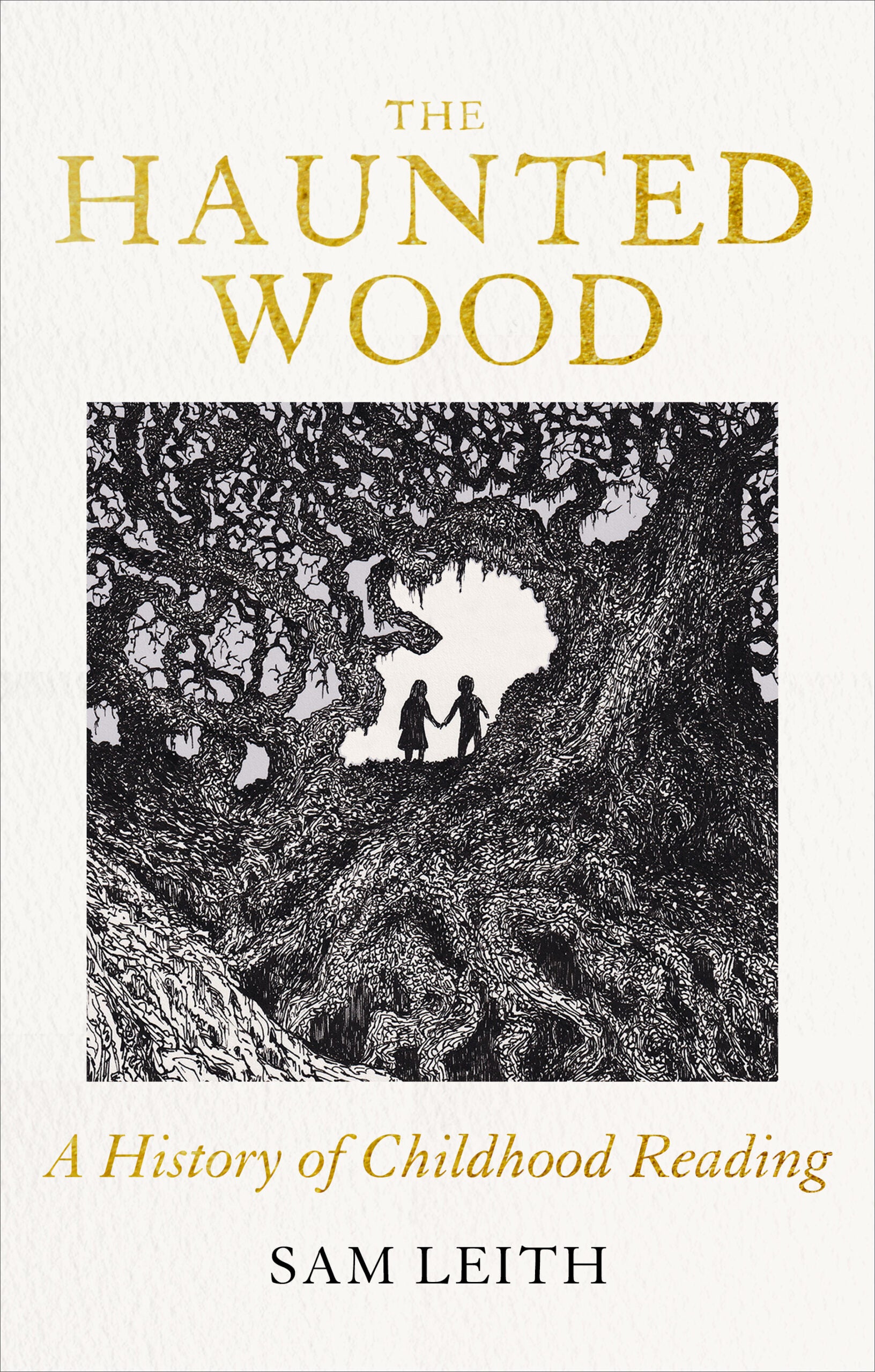
The books that we devour as young readers leave a mark on us; they tend to colour our imaginations far more vividly than those we tackle as adults. Surely I can’t be the only one who can sometimes barely sum up the plot of something I read a month ago, but could easily recall the intricacies of a story I read at primary school. Sam Leith’s The Haunted Wood is a wonderful journey through (mostly) British children’s literature, exploring the motifs and myths that crop up over and over, and sketching the often sad lives of writers who have brought so much joy. (Oneworld)
Available in book stores and instantly from:
Filterworld by Kyle Chayka
Ever wondered why coffee shops across the world have the same aesthetic hallmarks: the exposed brick, the words written in neon hanging from said brick walls, the leafy houseplants? Or why every Airbnb rental you enter seems to have identical furniture and artwork? In Filterworld, Kyle Chayka explores how digital algorithms have come to shape the look and feel of the real world – as well as how they anticipate our wants and mould our behaviour, creating a consumer culture where conformity and sameness is king. Warning: this may make you want to throw your phone in the nearest river (or at least, make you be a little more wary of clicking “accept cookies” next time you’re online). (Bonnier)
Available in book stores and instantly from:
The Garden Against Time by Olivia Laing
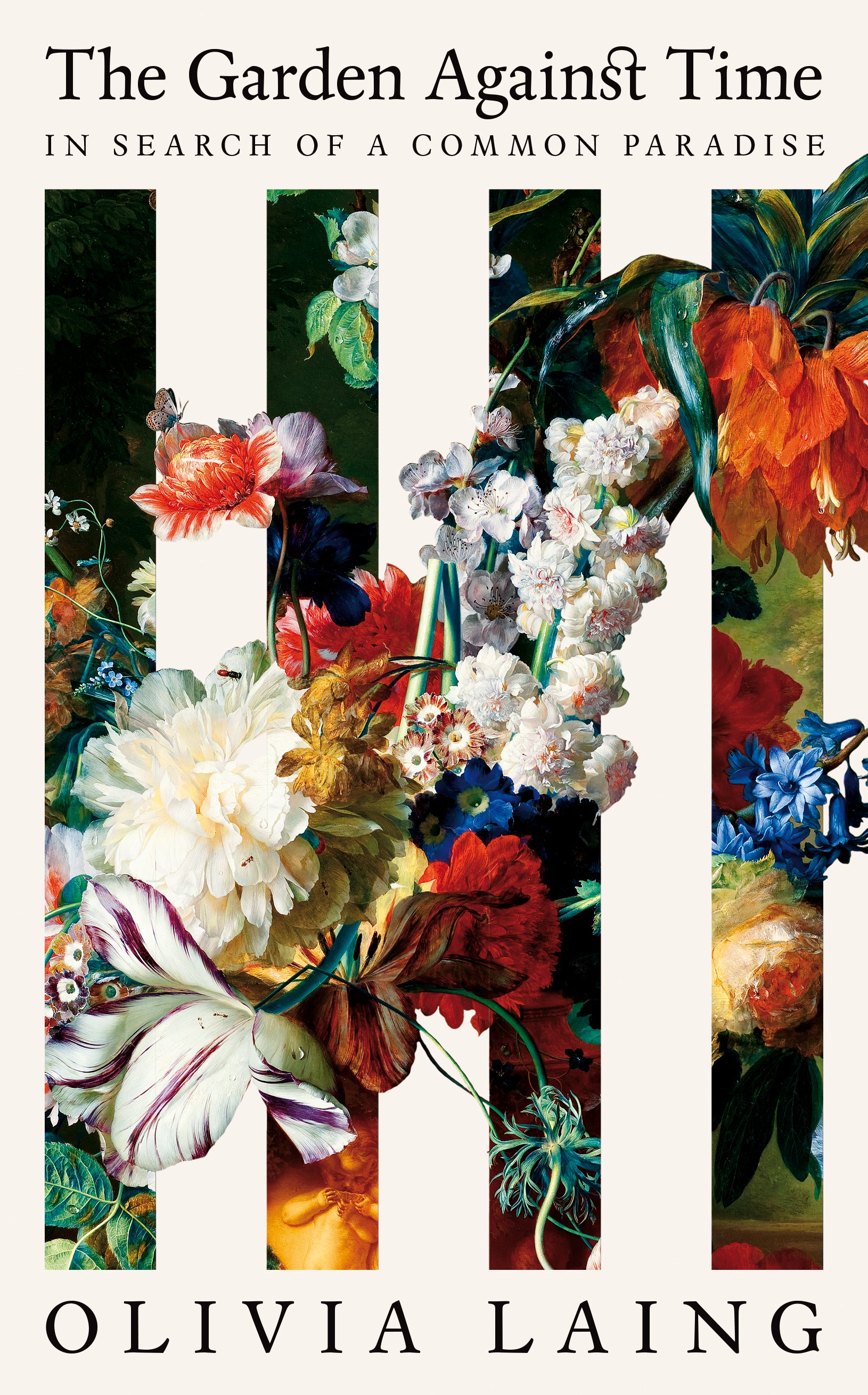
Olivia Laing started restoring a walled garden in their Suffolk home in 2020, which was the first outdoor space that they could truly call their own. In The Garden Against Time, Laing weaves memories of this renovation project, a joyful respite from the uncertainties of the pandemic, with a wider exploration of gardens past and present, real and imagined. Laing’s non-fiction is always rich, lyrical and absorbing, and this is no exception. (Pan Macmillan)
Available in book stores and instantly from:
The Lasting Harm by Lucia Osborne-Crowley
Writer Lucia Osborne-Crowley was one of only a handful of reporters who attended every day of Ghislaine Maxwell’s 2021 trial in New York, which eventually saw Jeffrey Epstein’s right hand woman convicted of five counts of sex trafficking of minors. In The Lasting Harm, she shares her account of the case, speaking to victims and also weaving in her own experience and perspective as a survivor of sexual abuse. The result is a blazing book that puts the criminal justice system under the microscope, and questions whether it’s fit for purpose for survivors. (Fourth Estate)
Available in book stores and instantly from:
Neverland: The Pleasures and Perils of Fandom by Vanessa Kisuule
Can you ever separate the art from the artist? It’s a conversation that many of us have had to grapple with, not least in the wake of the MeToo movement. Poet and writer Vanessa Kisuule grew up as a Michael Jackson super-fan – and it’s a preoccupation that has certainly given her pause in recent years. In Neverland, she explores what it means to love the music of a deeply dubious cultural figure, questioning what makes us fall into the trap of hero worship in the first place. (Canongate)
Available in book stores and instantly from:
Crunch by Natalie Whittle

A book about crisps – what’s not to like? Journalist Natalie Whittle delves into the history of the salty snacks, exploring how these golden slices of deep fried potato became the nation’s favourite savoury treat. It’s packed with offbeat anecdotes and trivia, from the origins of “ready salted” to the advent of more niche (and since discontinued) flavours, and is sprinkled with a healthy dose of nostalgia, as Whittle lovingly recalls the crisps that shaped her childhood (and probably yours too). Delicious. (Faber)
Available in book stores and instantly from:
Slow Productivity by Cal Newport
Do you find that your working week tends to fly by in a whirlwind of constant meetings, firing off Slack messages, volleying emails to and fro and “just circling back”? If you’re constantly feeling overwhelmed by an onslaught of “busywork” that gets in the way of your actual job, Cal Newport’s call to arms against pseudo-productivity is a must-read. Newport, who previously coined the term “deep work” in his 2012 book of the same title, puts our collective obsession with busyness in context and advocates for a slower, more meaningful approach to our to-do lists. (Penguin)
Available in book stores and instantly from:
Smarter by E. M. Austen
Smarter provides another refreshingly straightforward antidote to hustle culture. PR agency founder and entrepreneur Emily Austen doesn’t advocate for 5am start and fancy stationery; she isn’t about weird wellness techniques or pushing yourself to the point of burnout either. Instead, she lays out a 10 step plan to reframe your thinking, make better habits and carve out a consistent approach to work-life balance. Her book is full of useful exercises and prompts that will leave you feeling energised and genuinely excited about your working life. (Piatkus)
Available in book stores and instantly from:
What In Me Is Dark by Orlando Reade
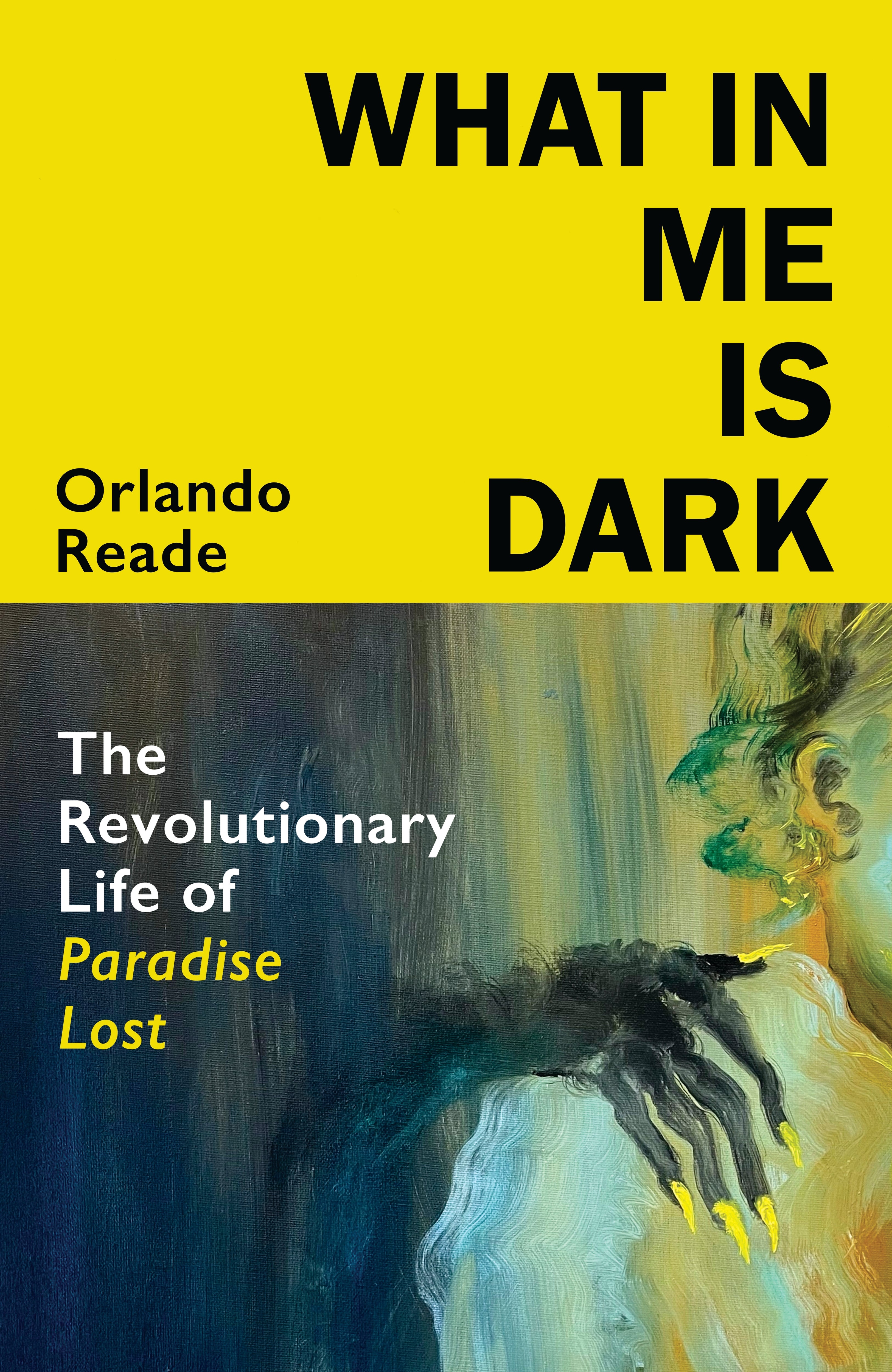
John Milton’s Paradise Lost, the 1667 poem which charts Adam and Eve’s fall from grace and paints Satan as a remarkably compelling anti-hero, is surely one of the most influential works of English literature. In What In Me Is Dark, Orlando Reade examines the epic’s roots in radical thought and traces its remarkable afterlives, exploring its impact on philosophers, politicians and fellow poets. Few literary works have inspired such disparate interpretations and readings, and Reade makes a convincing case for Paradise Lost’s enduring legacy. (Jonathan Cape)
Available in book stores and instantly from:
Nostalgia: A History of a Dangerous Emotion by Agnes Arnold-Forster
Back in the 17th century, nostalgia was thought to be an illness that could kill you. These days, it crops up everywhere from Facebook groups filled with boomers discussing what it was like to have “proper binmen” to adverts and political campaigns. Historian Agnes Arnold-Forster explores this slippery concept, looking at why we’re so obsessed with looking back through a rose-tinted lens, and why so many of us feel homesick for an idealised past that might have never even existed. (Picador)
Available in book stores and instantly from:
The Anxious Generation by Jonathan Haidt
At the start of the 2010s, teenage mental health took a nosedive around the world. In one of the most talked-about books of the year, social psychologist Jonathan Haidt argues that the rise of smartphones and social media is behind this worrying trend, exploring what he calls the “great rewiring” of childhood, where hanging out face to face with friends has been replaced by increased screen time. He paints a worrying picture – and his conclusions have proved controversial in some quarters – but as debates over teenage smartphone use continue to rage, it’s well worth a read. (Allen Lane)
Available in book stores and instantly from:
Join our commenting forum
Join thought-provoking conversations, follow other Independent readers and see their replies
Comments
Bookmark popover
Removed from bookmarks